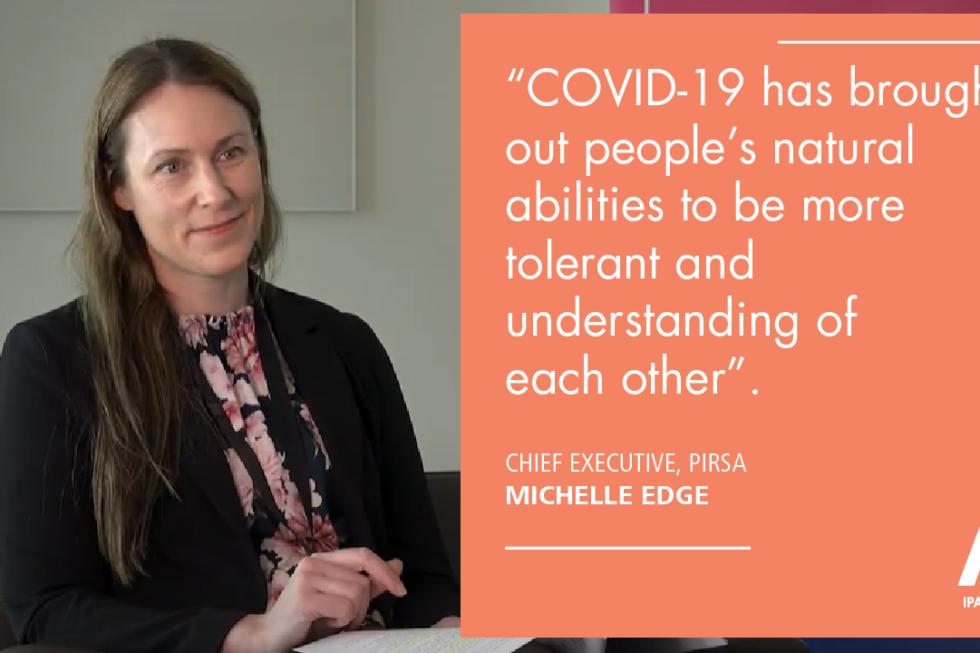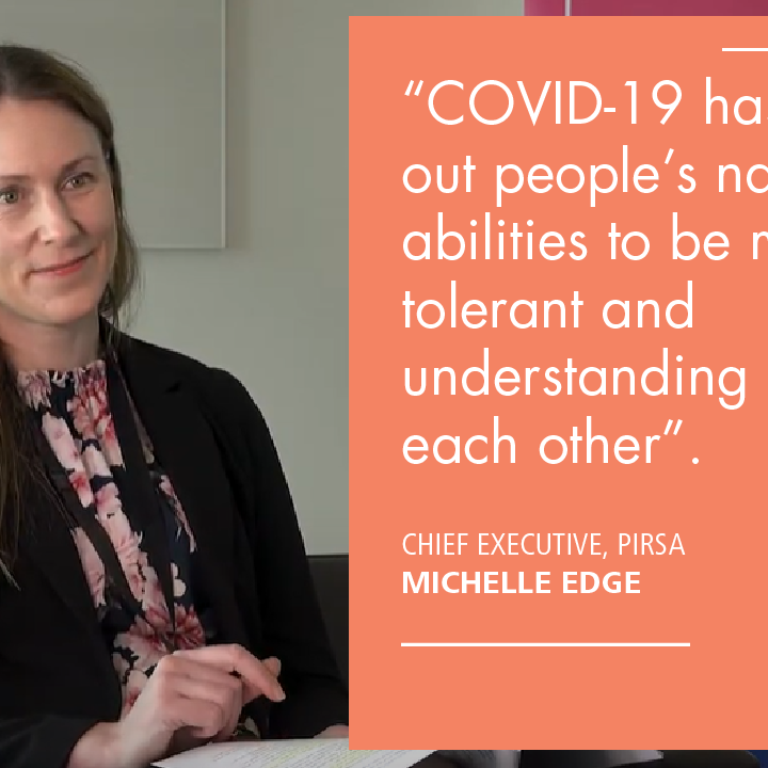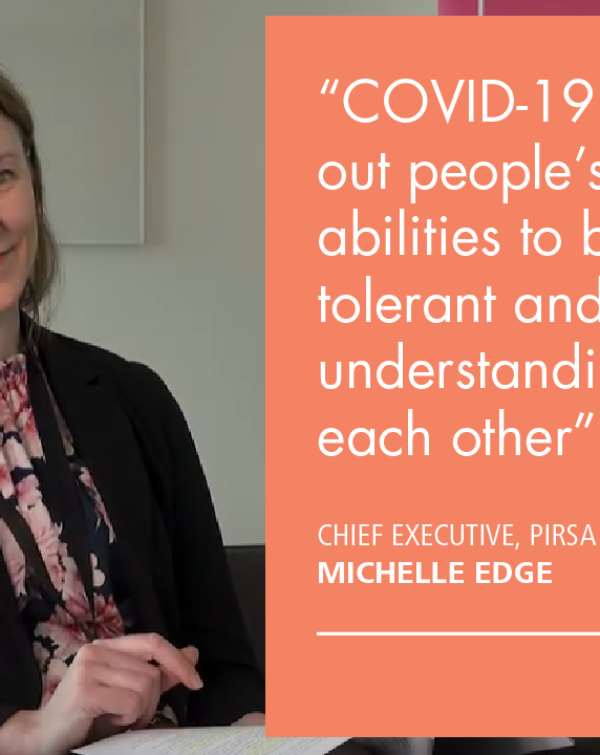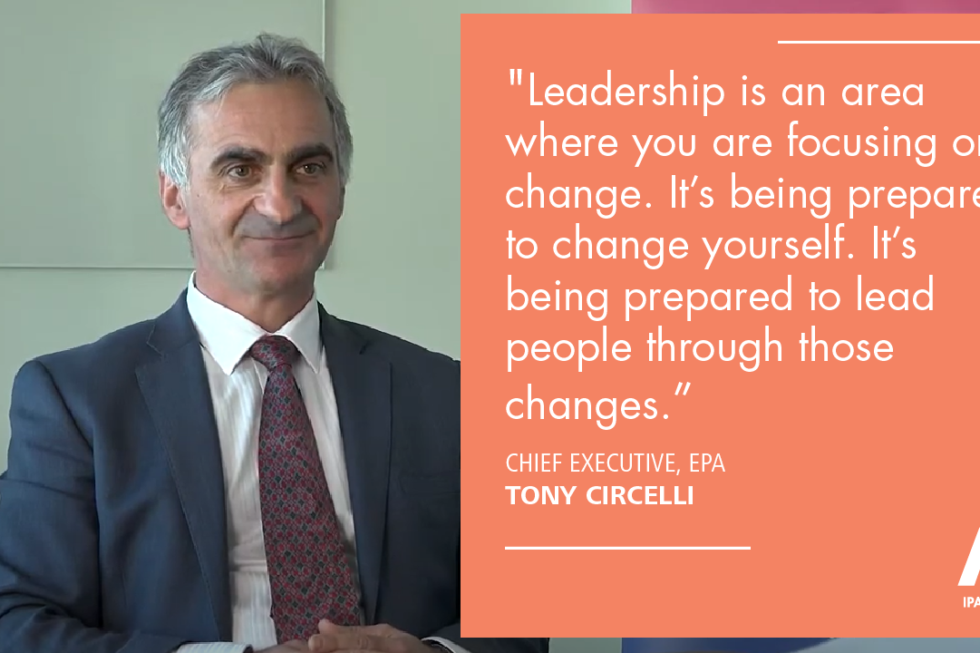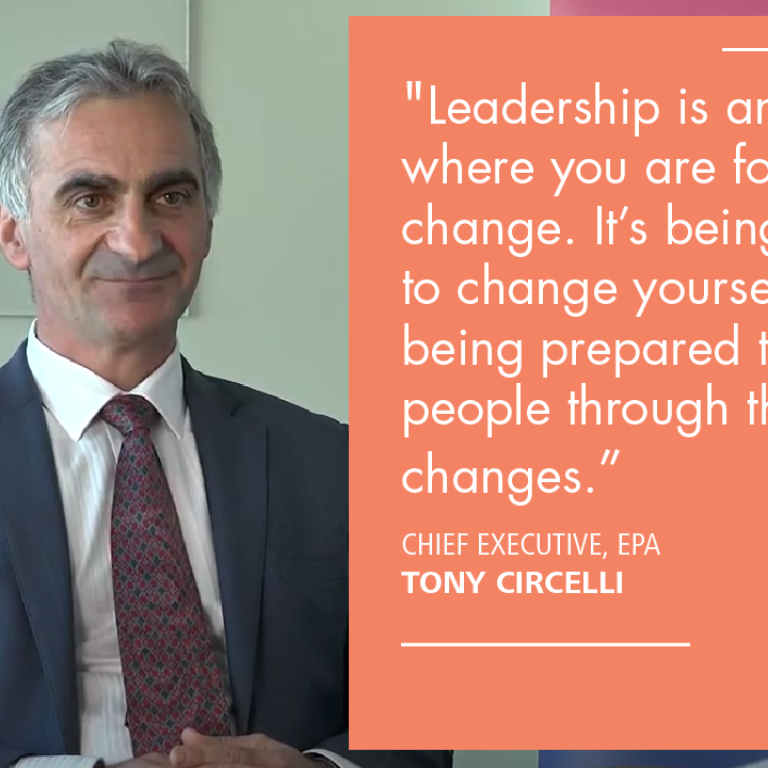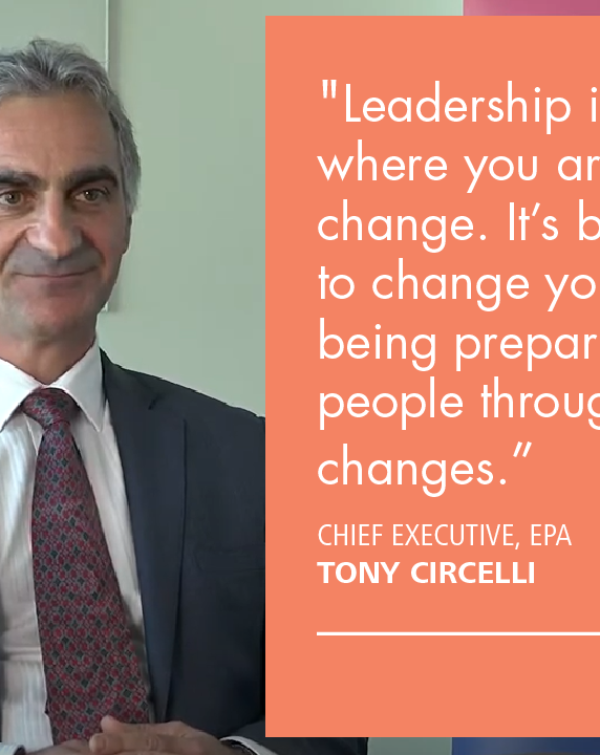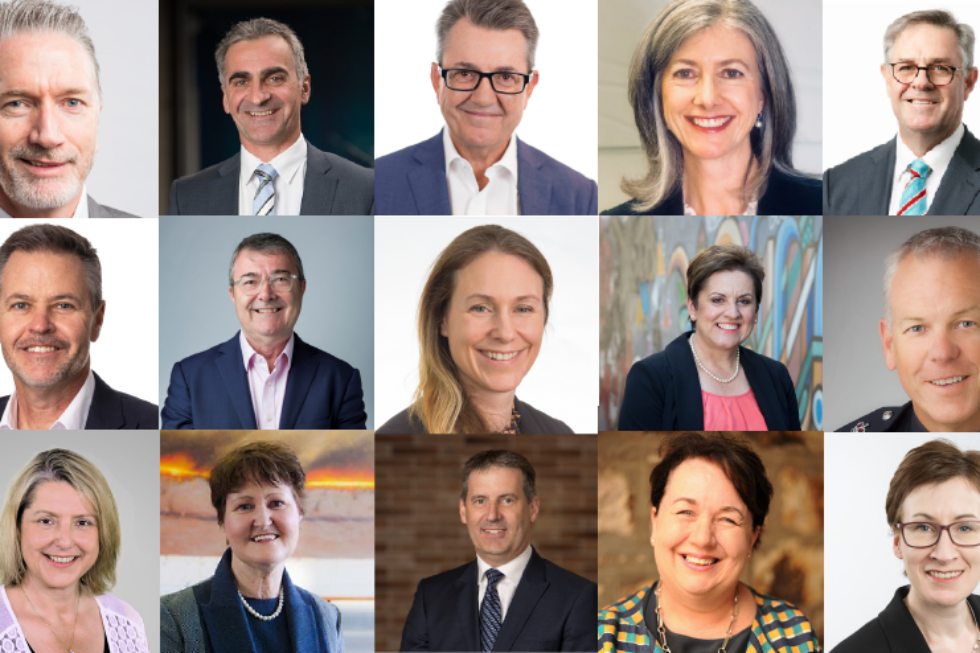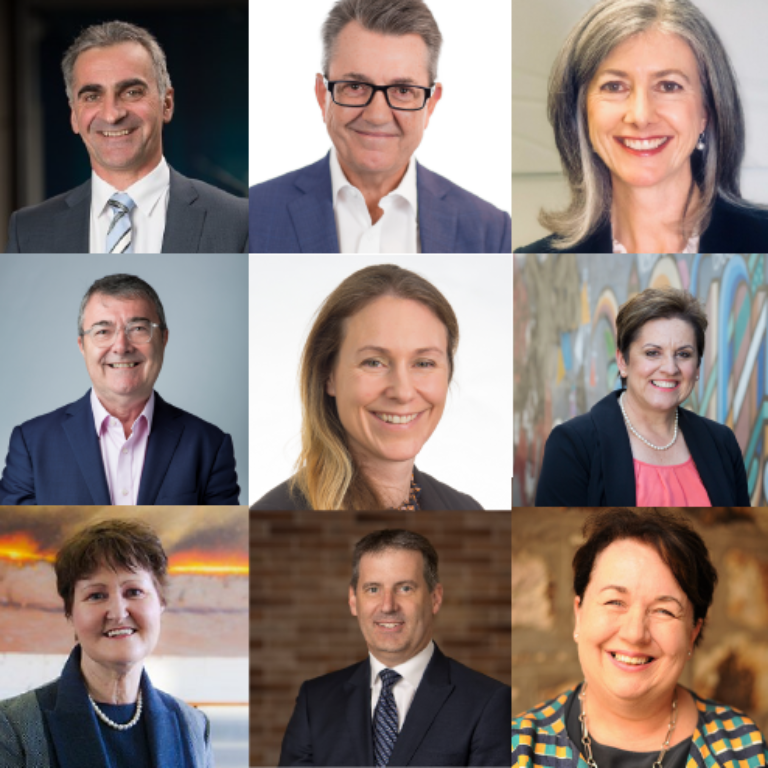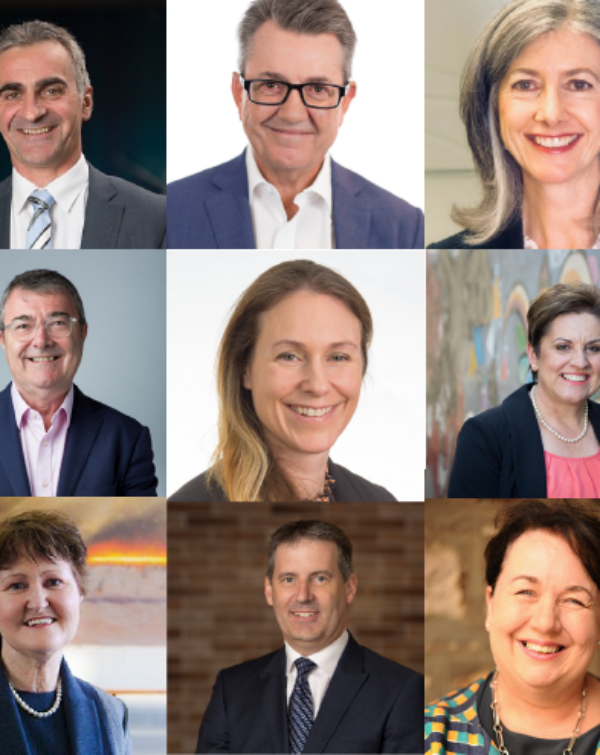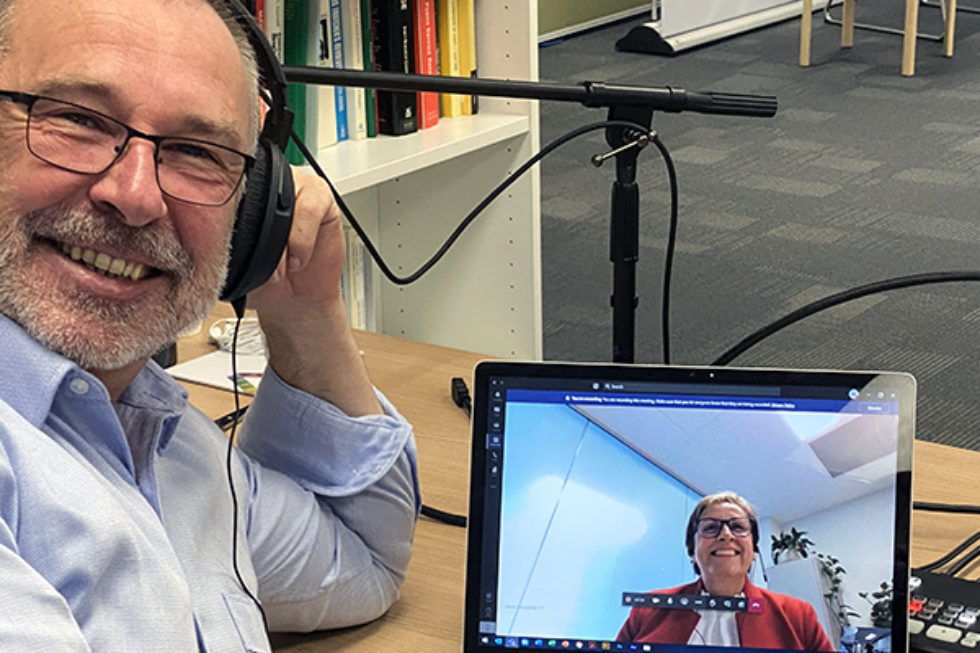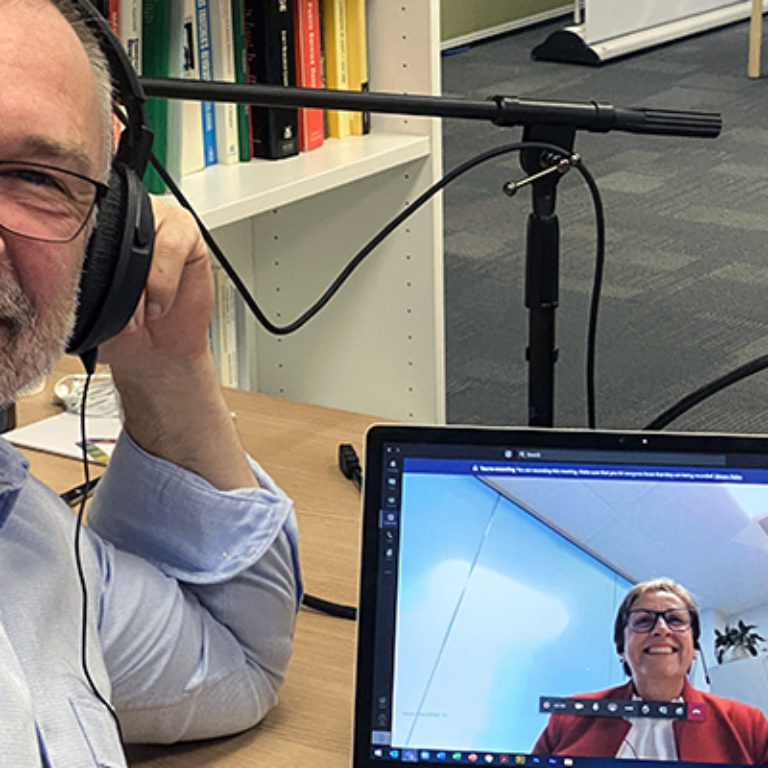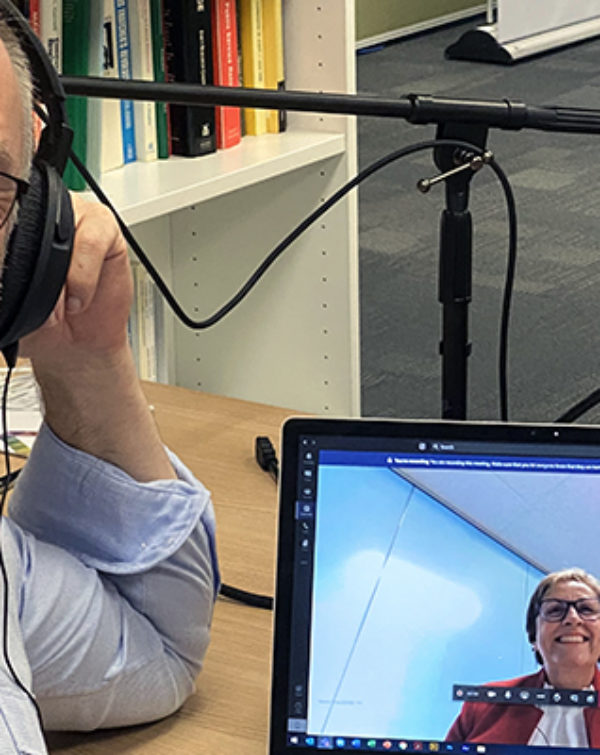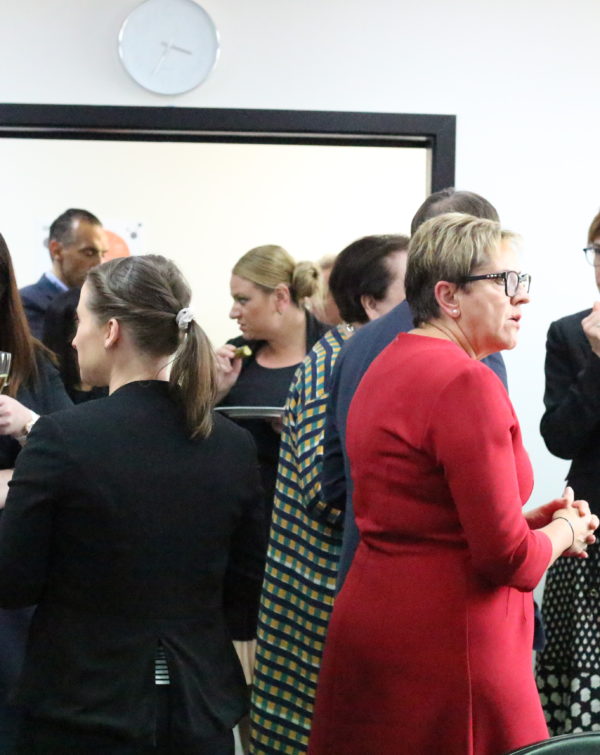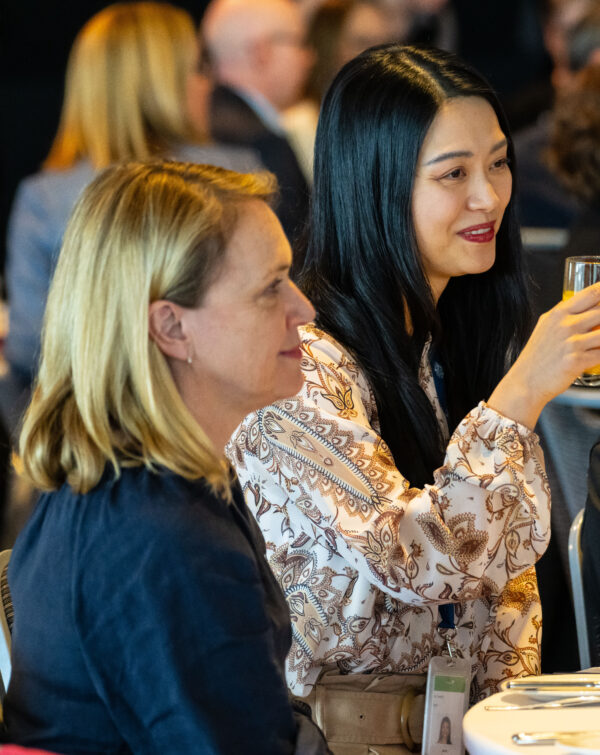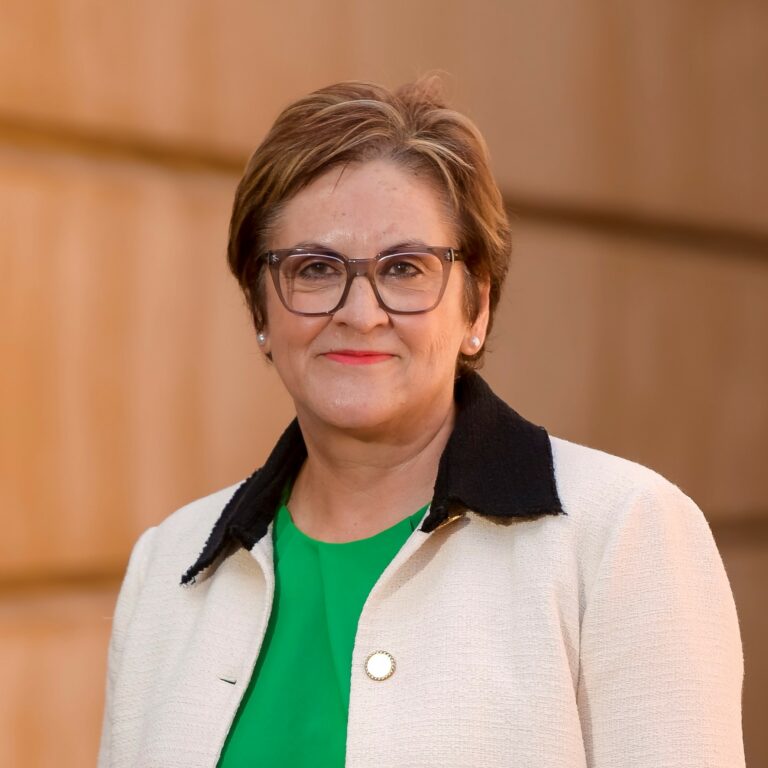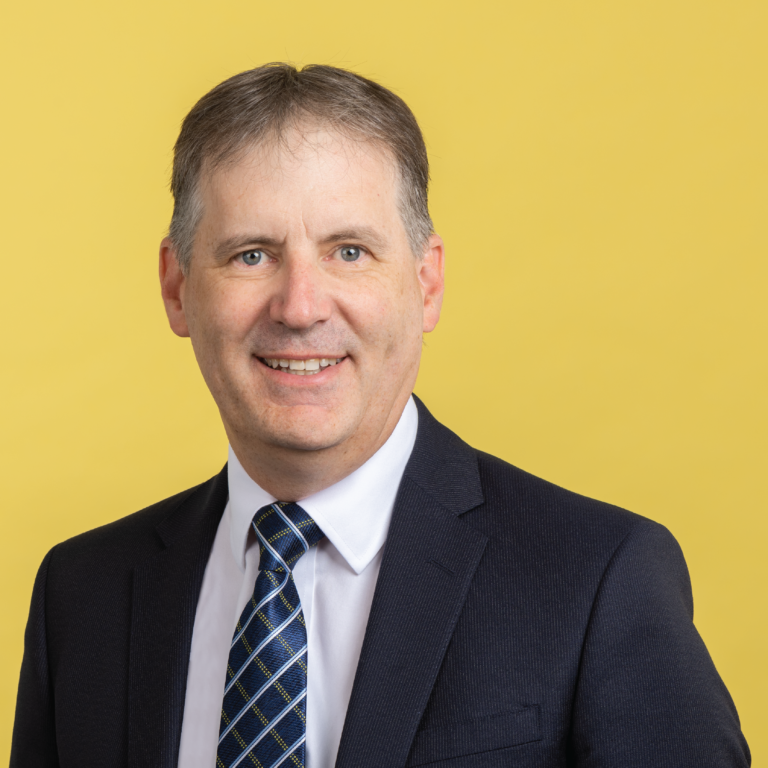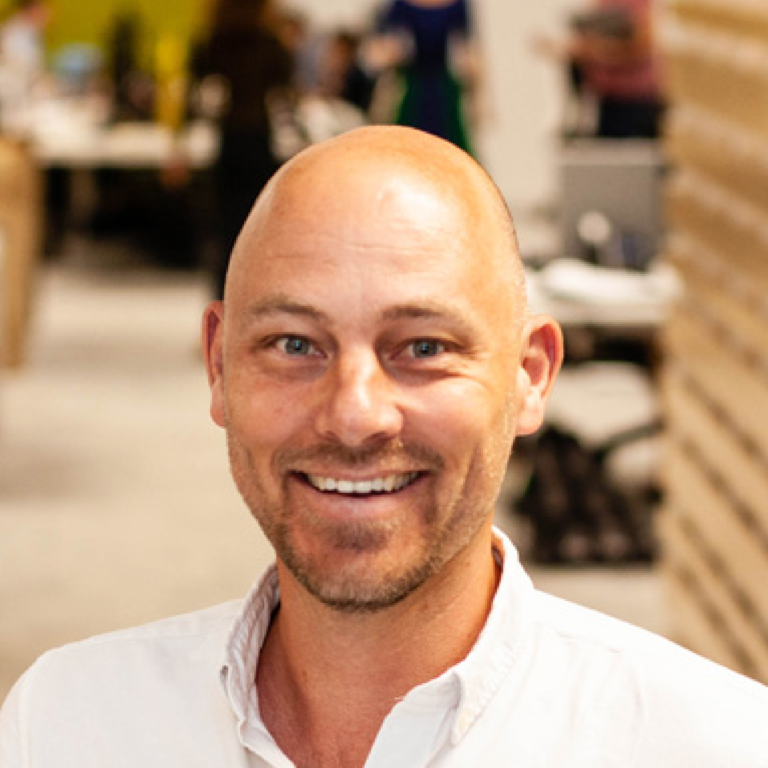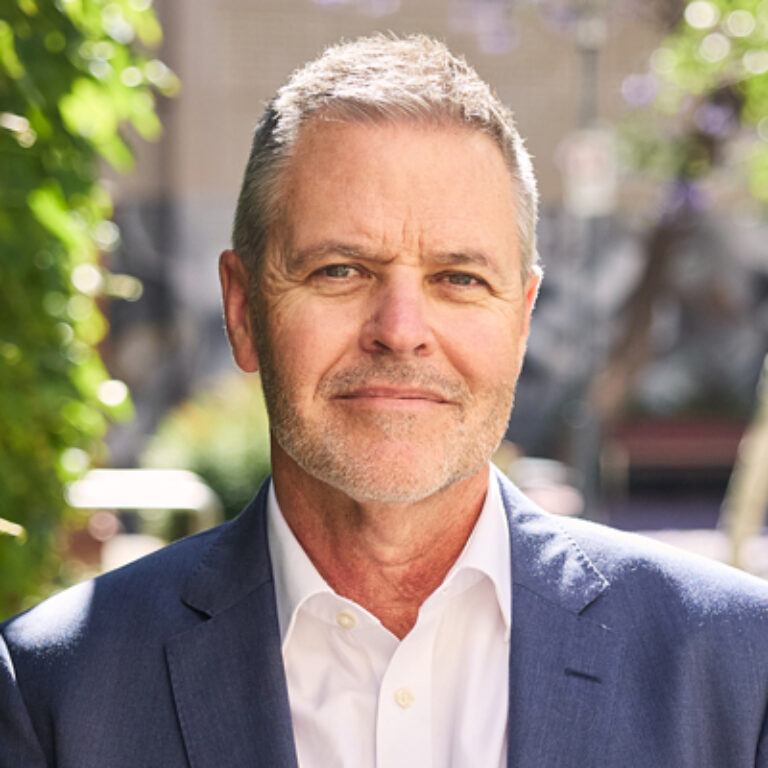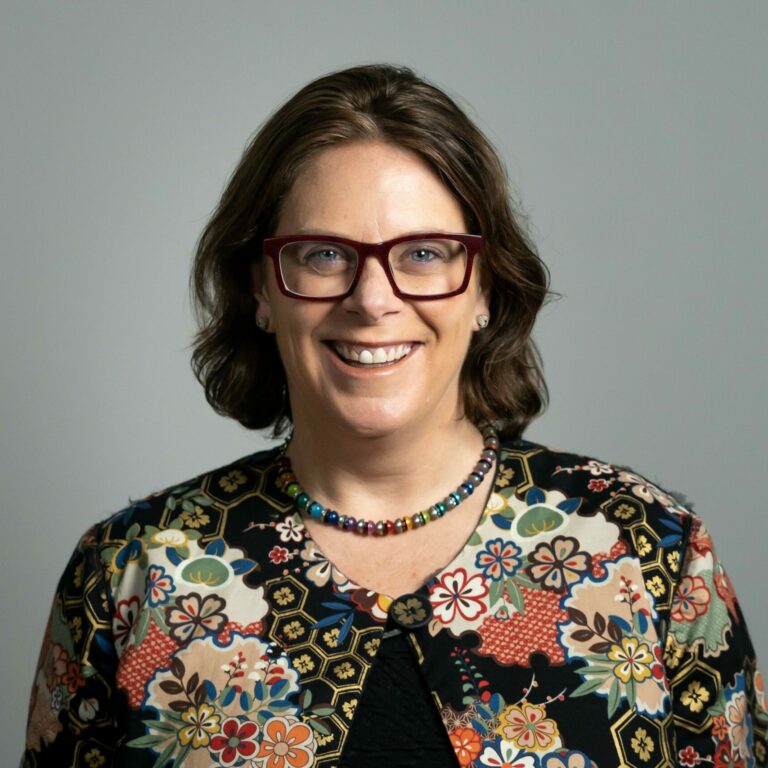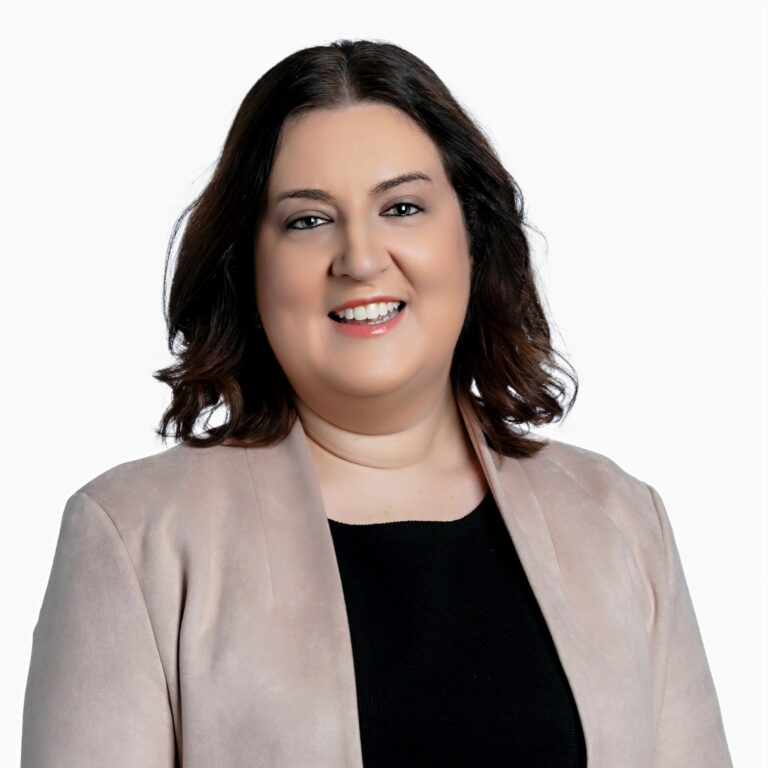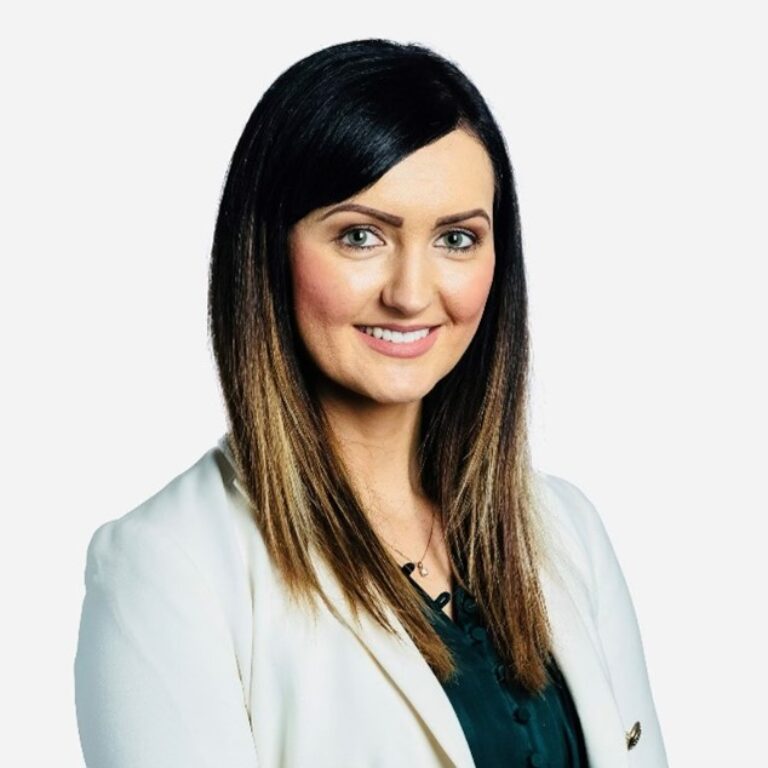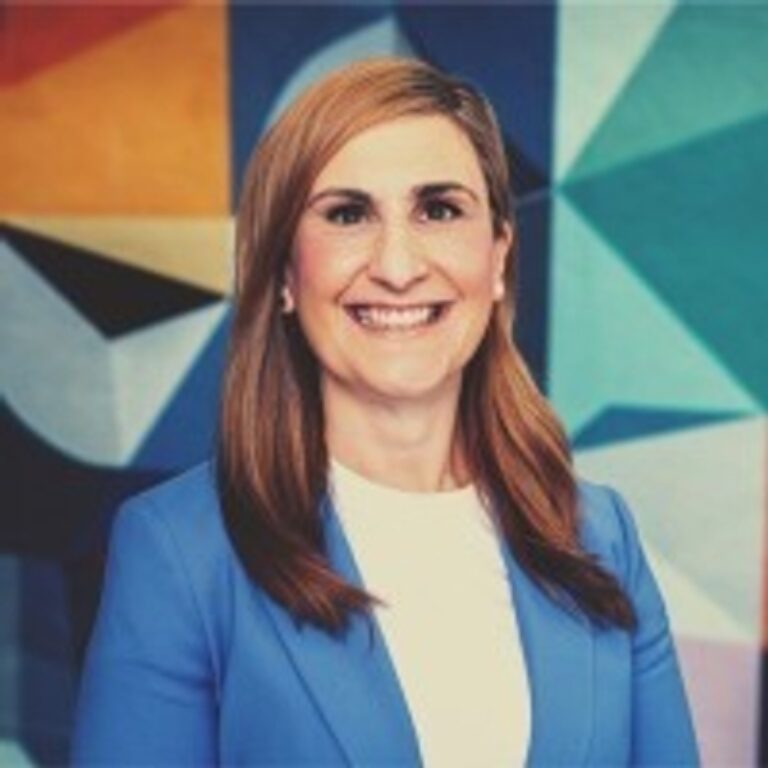“My hope is that we have a new way of working in the future, and be able to adapt” – Commissioner for Public Sector Employment, IPAA SA President, Erma Ranieri FIPAA
The word “unprecedented” has been thrown around a lot recently to describe the situation we have found ourselves in, both as a nation, and a public service. COVID-19 though has indeed brought unprecedented challenges and changes to the way we live and work.
For leaders and managers at all levels, there has been a demand to quickly adapt to new ways of managing teams remotely and ensuring business continuity even through the height of the pandemic.
As we learned from our Virtual on the Couch guests, the challenges leaders have faced and overcome have been substantial and even as we move into the recovery phase, key leaders share that the drastic shift in workplace paradigm will remain with us. The question for leaders here, is how do you apply the lessons from leading in crisis to support teams and reach goals in the ‘new normal’?
Be open to change
“Leadership is an area where you are focusing on change. It’s being prepared to change yourself. It’s being prepared to lead people through those changes” – Chief Executive, Environment Protection Authority, Tony Circelli
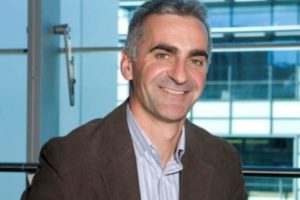
It’s simple to stick to what we know and feel comfortable with, and COVID-19 certainly did the job of pushing many people far beyond their comfort zone. Appreciate your own capacity to adapt, knowing that you have led through one of the biggest crises of recent times. As future opportunities for change and new ways of doing things emerge, keep this in mind and don’t be afraid to go outside your comfort zone, in order to embrace these changes and opportunities.
Communication is Key
“You have got to have clarity, you have got to have purpose and you have got to communicate, communicate, communicate” – Chief Executive, Department for Child Protection, Cathy Taylor
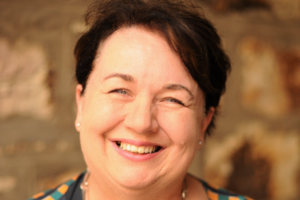
From all the public sector leaders that have joined us On the Couch one thing that has stood out is the importance of communication. We have seen across the sector and through messages to the public how vital it was that everyone felt informed and confident that they had the correct information. Looking forward, what lessons in communication can you apply to your role? Perhaps foremost is that in new work paradigms, where your team might not always be in close proximity, we need to engage in new methods and channels of communication. Staying connected with your team, even over distance, through digital platforms will help remote workers stay engaged and accountable.
Leading Together
“Leadership is about making sure people feel they are in, whatever your missions is, together” – Acting Chief Executive, Department of Human Services, Lois Boswell
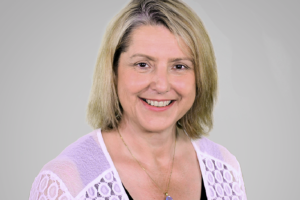
As we all banded together to face this crisis, cohesion and teamwork were at an all-time high, and a key challenge for us now will be how to maintain this in the recovery period. Change is hard to maintain, and you will need to use all your skills in communication and emotional intelligence to find new ways to enthuse and connect your team about projects you are undertaking. The pandemic has taught us that communication matters, and that when your team members feel considered and part of the process, then there is a much higher will to perform and engage. As a leader, you will need to look for ways to bring your team together to reach goals, allocate work effectively and know where to build your team’s skills to enhance their confidence and ability to contribute.
Using Emotional Intelligence
“Healthier happier staff give you better returns as an organisation” – Chief Executive, Department of Treasury and Finance, David Reynolds
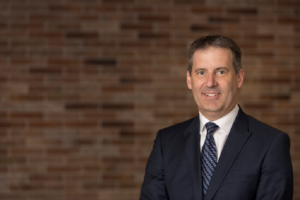
The experience of COVID-19 has been different for everyone, but whether big or small we have all been impacted in some way. As a leader, this may have meant a wake-up call to the different circumstances and challenges your team members are facing, where a high degree of emotional intelligence was needed to care for the health and mental wellbeing of your team. In the new normal, where flexible work and remote work becomes increasingly available, you should consider investing in building and developing greater emotional intelligence skills to communicate with people empathetically and effectively no matter what the future throws at you.
Modeling expected traits, flexibility, and adaptability
“If you create the space, leaders will step into it” – Rick Persse
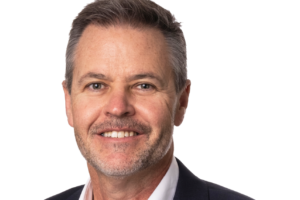
Many leaders who have spoken with us have shared that longstanding silos have been seemingly demolished in the wake of the pandemic, bringing new opportunities for collaboration across departments. Leaders who excelled during this crisis demonstrated key attributes which they modeled to the rest of their team, including the expected behaviors to engage in, as well as how to hold a positive and resilient mindset. Adaptive leadership is perhaps the most apt term to describe the style of leadership required here, where teams are operating in often uncharted territory. Now is the time to build and develop your skills in adaptive leadership, as well as to understand how your leadership style impacts the performance and wellbeing of your team.
Performance Management and Checking in With Your Team
“Make sure that you are looking at them holistically, not just what they might be producing at their home or not” – Commissioner for Public Sector Employment, IPAA SA President, Erma Ranieri FIPAA
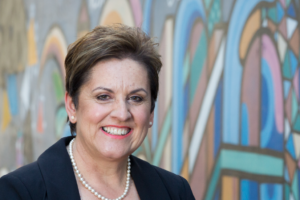
If we are embracing a new work model where remote work and virtual team management becomes part of normal practice, then you will encounter a need to shift your mindset around traditional styles of management and measures of performance. As many of the leaders who joined us On the Couch highlighted, performance can no longer be measured solely on the basis of ‘turning up’ each day. Instead, you need to look at the members of your team holistically- including their mental and social performance as well as their outputs. It has been noted throughout the pandemic that remote work has helped boost productivity levels, where people are getting more done in the day, removed from time eaters such as office chatter, etc. On the flip side of this however is that social isolation has had a negative impact on many people, so whilst we might be seeing increased productivity, we need to weigh this against mental wellbeing. If you are going to lead a remote team post-pandemic, you will need to make sure you have the skill set to help both yourself and your team;
- Create boundaries between work and home-life;
- Build and maintain connections with regular check-ins and catchups;
- Create a safe space to address issues around mental health as they arise.
Want to hear more? Our full Virtual on the Couch series is available to view here, where key SA public leaders share their insights on leadership styles, mantras and much more…
Resources
- Mentally Health Workplace Toolkit – https://www.publicsector.sa.gov.au/__data/assets/pdf_file/0008/292580/Mentally-Healthy-Workplaces-Toolkit_150920.pdf
- Remote Working for Productivity Managers Guide – https://www.publicsector.sa.gov.au/__data/assets/pdf_file/0019/215227/002-Remote-Working-for-Productivity-Managers-Guide.pdf



